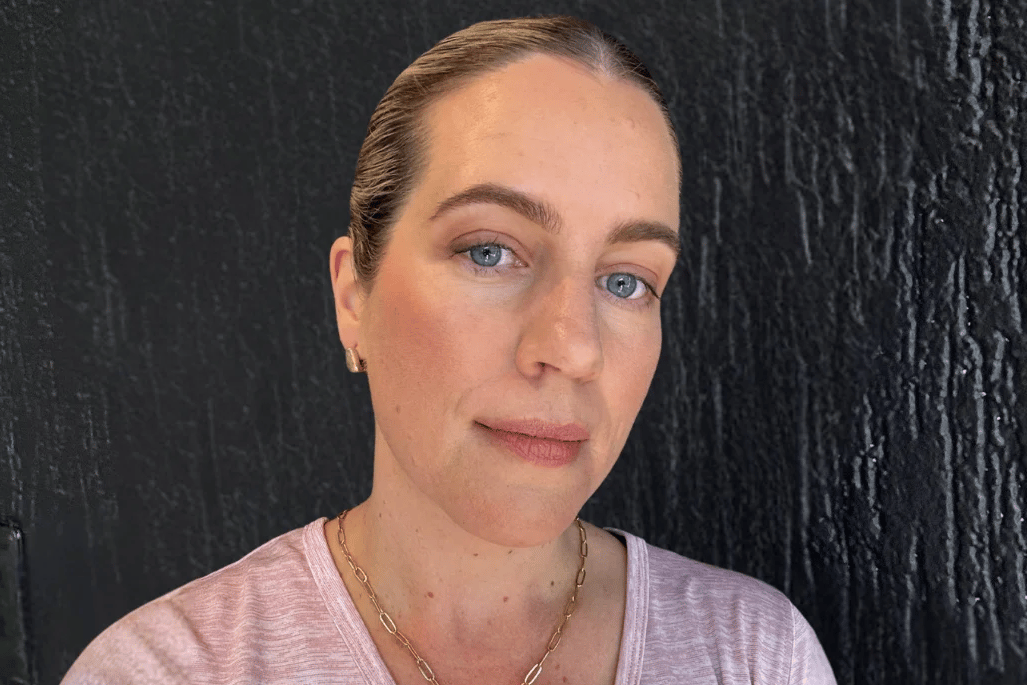
I am about to turn 42 next week, and I was diagnosed with ADHD earlier this year.
Being another "ADHD at 40" cliché, at first I felt like I needed to hide it. Not because ADHD is anything to feel shame about. More like I was worried of being accused it's a bandwagon I have jumped on. Like I'm trying to be a part of a trend.
And I've heard it all.
"Oh, they dish out meds to anyone these days."
"Oh no, you just can't concentrate when you don't want to do something."
"Have you thought about changing your diet?"
"But it's not something you can really test, is it, so how do you really know?"
Well, I don't know as much as the psychiatrist who diagnosed me, obviously. But what I can tell you about is my experience.
What Inattentive ADHD actually feels like.
My diagnosis is Inattentive ADHD, a type of attention-deficit/hyperactivity disorder that mainly involves difficulties with attention, focus, organisation and memory, rather than hyperactivity.
It's not that I want to be bad at life admin, following street directions, booking flights with multiple stop-overs and time zones, or choosing a phone plan. It's that when I am doing those things, the only way I can describe it is my brain feels overwhelmed.
There is fog and noise and silence all at once. And I feel like crying.
I know I am clever in many ways, but I could never understand why tasks other people seem to find so simple set me on the verge of tears.




























































































